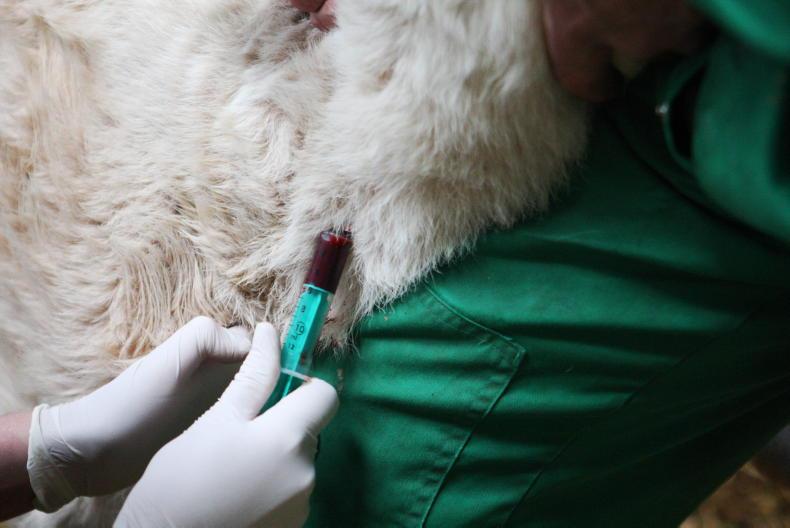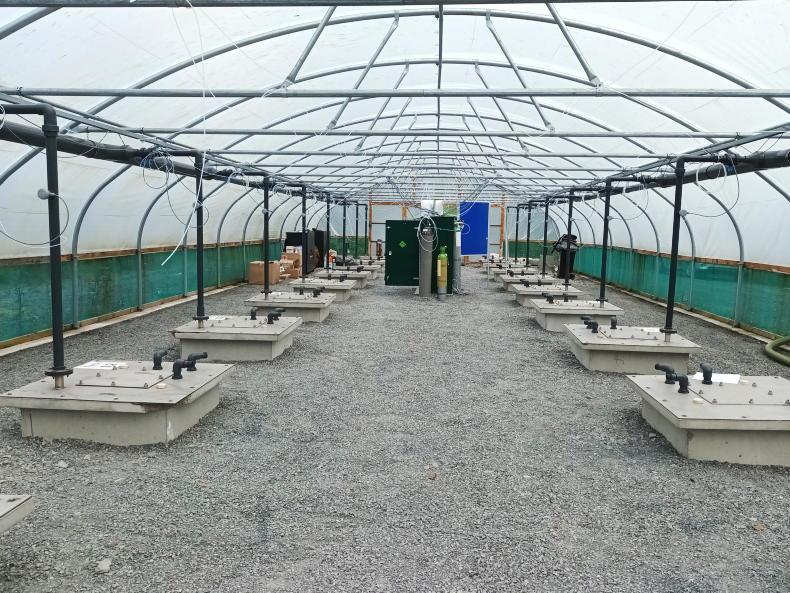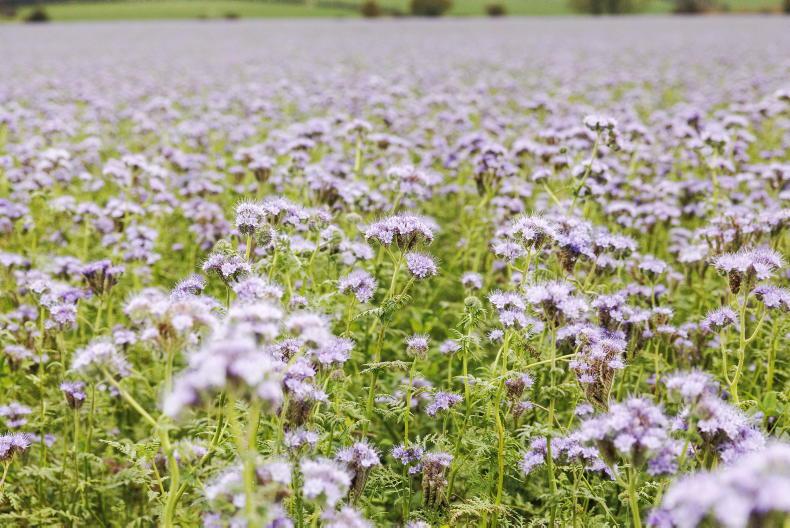A comprehensive study into soil carbon levels in NI grassland has shed light on how local farmers can build carbon stores to help combat climate change.
Scientists from the Agri Food and Biosciences Institute (AFBI) sampled soils from 500 fields across NI and compared the results to management records kept by the farmers.
The study found that fields which were mainly used for grazing had less compact soils and more potential for carbon storage than silage fields.
“Managing grasslands as pastures and promoting grazing such as ‘rotational grazing’ or managing silage production to reduce the number of machinery passes may contribute to increase soil organic carbon accumulation potential,” the scientists state.
The study, published in the scientific journal Agronomy for Sustainable Development, identifies soil compaction as a key factor influencing how much carbon a grassland field will be able to accumulate in the future.
“Our results suggest that any increase in soil compaction may reduce the soil carbon storage potential of intensively managed grasslands,” the paper reads.
Reseeding
However, the scientists found that reseeding carried out on NI farms over the last half century has not lowered the total amount of carbon stored in the soil.
“Contrary to our expectation, we found that soil carbon and nitrogen stocks within 0–30cm depth were not significantly affected by the frequency of ‘tillage and reseeding’ events in the previous 50 years,” the researchers said.
The AFBI scientists found that regularly reseeded soils tended to be more compact, and this could explain why no significant relationship was found between total carbon stocks and reseeding frequency.
The results show that frequently reseeded fields contained less carbon per kg of soil, but because these soils were compact, the total amount of carbon stored within a given volume of soil was similar to fields that were reseeded less often.









SHARING OPTIONS